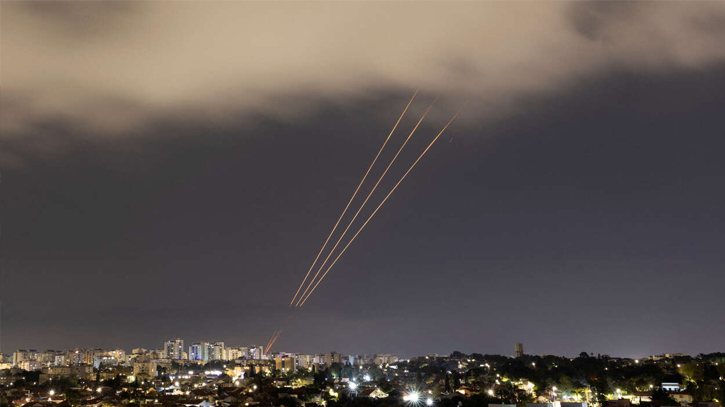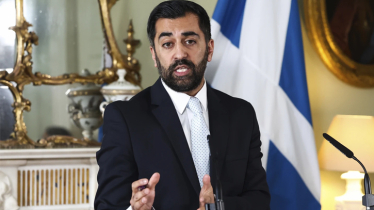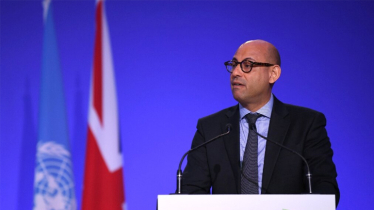
Photo: Collected
The United States will likely discourage Israel from reciprocating the scale of Iran's recent air attack as it wishes to avoid further escalation in the region, including due to its potential costs and concerns that Tehran would block the Strait of Hormuz.
On Sunday (14 April), the White House said that US President Joe Biden spoke by telephone with Israeli Prime Minister Benjamin Netanyahu following Iran's attack against Israel in response to the Israeli airstrike on the Iranian consulate in Damascus in early April. Israeli media reported the Israeli government was ready to immediately counterattack Iran but decided to postpone the operation after Biden's call. Meanwhile, NBC News reported that Biden has privately expressed concern that Netanyahu is trying to drag the United States deeper into a wider conflict in the Middle East.
"The US does not want an escalation because it could lead, at some point, to Iran retaliating by the closure of the Straits of Hormuz with mines and land-based missiles. This is something Iran can do — we have seen that even their far weaker Yemeni clients have been able effectively to close the Red Sea — and this would have literally catastrophic consequences for the global economy as there is no alternative route for the Saudi, Emirati and Kuwaiti oil," Srdja Trifkovic, the foreign affairs editor for "Chronicles: A Magazine of American Culture."
The US's inevitable involvement in a hypothetical conflict between its close ally Israel and Iran would also be "a kiss of death for the Biden campaign" before the November presidential election, the expert said.
Trifkovic suggested that Israel's attack on the Iranian consulate in Damascus intended to provoke a robust response from Iran and thus draw attention away from the situation in Gaza and to elicit sympathy from the outside world. Tehran, for its part, felt that it had to retaliate in order to preserve its reputation in the Islamic world and especially among its allies, including various Shia groups in Iraq, the government of Syria, Yemen's Houthis and the Lebanese Shia movement Hezbollah.
"Iran does not want to provoke a wider war, however, which the Netanyahu government would probably welcome and in which it would likely suffer major damage to its military assets, nuclear installations and general infrastructure. It has therefore carefully calibrated its response to create an impression of a bold and determined power showing its teeth, but at the same time not to launch drones and missiles in such numbers as to overwhelm Israeli air defenses. For this reason the Iranian strikes were also advertised well in advance," Trifkovic explained.
He went on to opine that while Israel will retaliate, the pressure from the US will make it adjust its response to avoid uncontrolled escalation.
"Personally, I think that Netanyahu will reluctantly agree to keep his retaliation sufficiently restrained to satisfy his public opinion at home while not presenting the Iranians with a new challenge which would force them to up the ante," Trifkovic concluded.
Tarek Ahmad, a member of the political bureau of the Syrian Social Nationalist Party, also thinks that the current US administration is not interested in the conflict getting out of hand.
"I don't think that we are going towards a severe escalation due to many reasons: further escalation will mean a war between the two, and this decision is not in the hands of Netanyahu. I believe it is in the hands of Mr. Biden. Biden cannot afford a full-fledged war with Iran at this time. Washington will not allow Netanyahu to overreact this time. Israel's response will be mild," Ahmad said.
On Saturday night, Iran's Islamic Revolutionary Guard Corps launched over 300 drones and missiles at Israel in its first-ever direct attack on Israeli territory, the Israel Defense Forces (IDF) said. Iranian state media reported that Iran had fired at least seven hypersonic missiles at Israel, with none of them intercepted.
Israel's war cabinet is meeting on Tuesday to discuss the potential retaliation. Both, civilian and military officials of Israel have said earlier this week that a response will follow.
Messenger/Mumu










